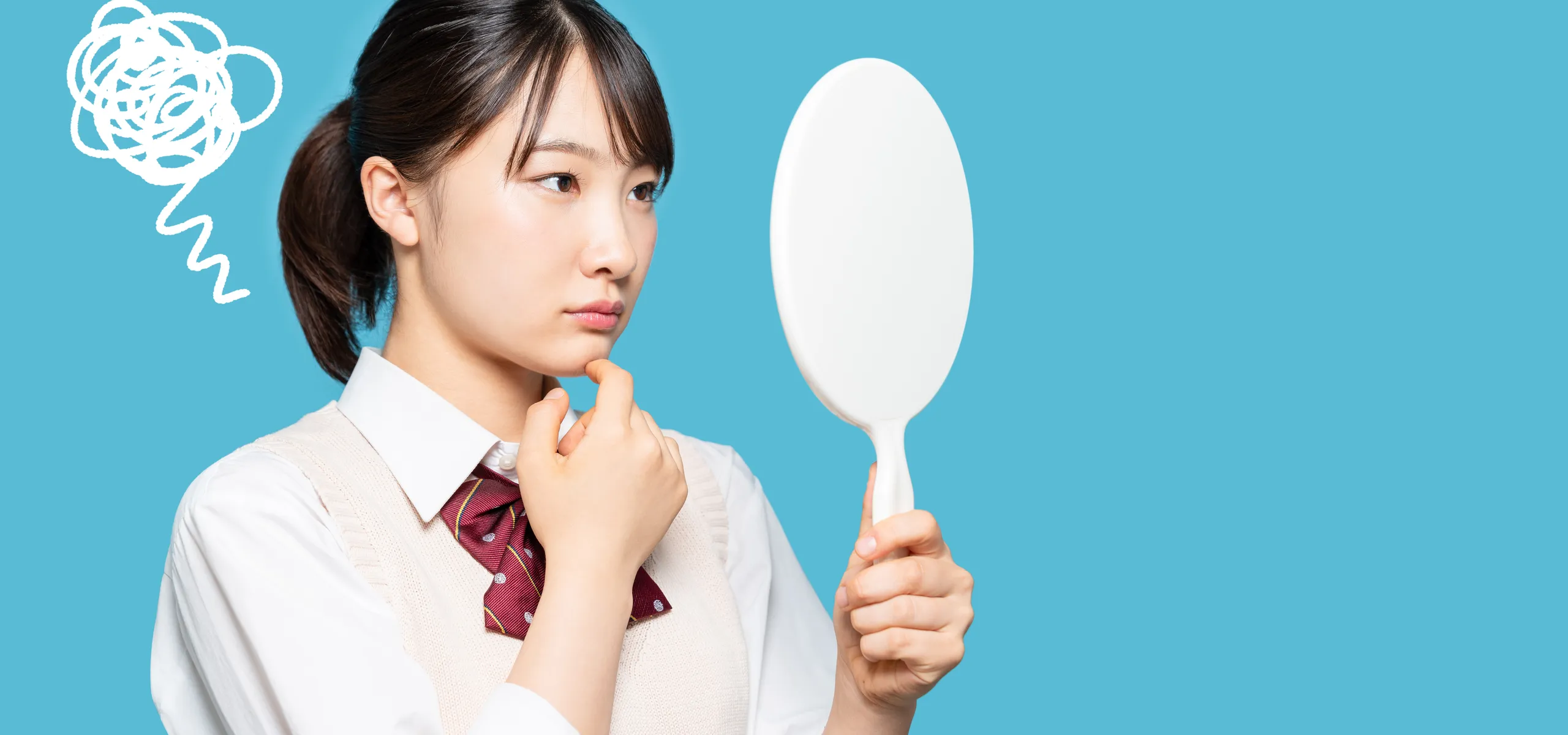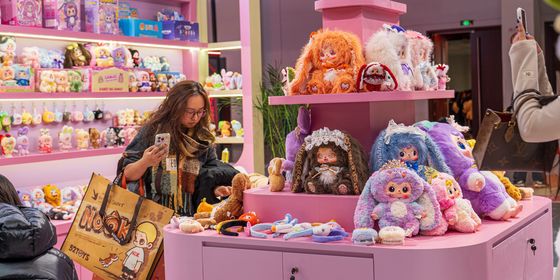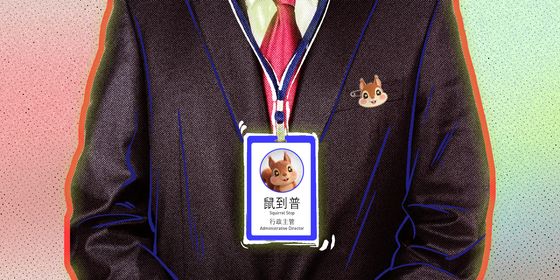New college, new friends...new face?
A gift after high school graduation sounds reasonable, right? Especially given all the hard work students in China put in. But plastic surgery?
Many high schoolers (and, apparently, their parents), seem to think that all that matters is your yanzhi (颜值, the value of one’s appearance). Similar calls can even be heard from commentators in the Southern Weekend.
This summer after the gaokao, China’s National College Entrance Exam, many high school graduates lined up for cosmetic surgery with the hope of enhancing their “appearance value.” According to Mu Dali, the deputy directer of the Plastic Surgery Hospital Chinese Academy of Medical Science, a huge number of high school graduates have come in to discuss surgical options. Just days after the 2016 gaokao, the upsurging cases of operation appointments had set a new record in the hospital’s 69 years history. Mu’s colleague, doctor Wang Yongqian predicted that their hospital would conduct over 1,000 operations this summer for the newly graduated high school students.
But why at this age? Well, this is when young adults will often move away from home to attend college. What better time for a new start, where nobody knows you or what you previously looked like?
In terms of the kinds of operations they choose, Li Weiwei from Beijing Tsinghua Changgung Hospital’s cosmetic center, says 70 percent of patients choose the double eyelid surgery (which creates an upper eyelid with a crease). Following the eyes, surgery that makes the nose longer and slimmer, and injections to make the forehead and cheekbones fuller, are also popular among high school grads. To achieve perfection, skin whitening and face-thinning injections (or sometimes bone-frictions) are considered as well.
Chen Ziyu, a Chinese student who just graduated from Beijing Normal University, had her eyes done when she finished high school in 2012. Ziyu told TWOC that she always wanted to have double-eyelid surgery because her natural eyelids, consisting of an epicanthic fold common in people of East Asian descent, were saggy and even blocked her sight sometimes.
Like many girls her age, Chen first used a “double eyelid kit” that glued part of the skin of her eyelid and gave her the crease that made her look “more energetic,” she says. After a good deal of practice, it took her 10 minutes every morning to use the kit to create the semi-permanent double eyelid the would last about eight hours.
“The good side of the ‘eyelid sticky tape’ was that it lifted the skin on my eyelid, so I could simply see better. However the tape also had two needle-like sharp points, and you can just feel them sticking into your skin all the time, and that’s distracting,” says Chen.
When asked about the decision to have surgery, she said, “after the gaokao was a good time to do it. China is so big. My high school and university friend circles didn’t overlap at all.” The surgery was done in a private clinic. Her doctor made a cut on each of her eyelids and removed the excessive fat and tissues.
“I seriously don’t care how others would judge me about this. I was never ugly – pre or post surgery, though I admit that I’m prettier now,” says Chen. ”I like my eyes now and I’m more confident too. The recovery wasn’t that great, you can still see my scar.” Closing one eye, Chen has a dark brown mark from the surgical knife zigzagging across her eyelid, which was supposed to fade in time.
Chen says a lot of girls have asked her about her surgery, and she has been totally honest about sharing her experience. “I’m the one girl in 1,000 who would actually admit that I’ve done surgery and that I have a fake face,” she says.
Still, altering one’s facial features is a difficult decision to make, especially for young Chinese. On filial piety, Confucius famously said, “the body, hair and skin, have all been received from the parents, and shall not be damaged.” Quoting Confucius, Chen’s father disapproved of her proposal to change her eyes, though her mother was more open-minded about it. “She said that if having double eyelids would make me happy and help my future, she would totally support me, psychologically and financially,” Chen says.
On other occasions, advice on enhancing one’s yanzhi before it’s too late come from the elderly. During an interview with TWOC, a student from Communication University of China (CUC), who asked to remain anonymous, described an incident that occurred on campus. In 2013, CUC alum Pan Deng, who then worked as an anchor at state broadcaster CCTV, came to give the new students a speech. After the event, in front of many students, their professor suggested that Pan should make some “adjustments” to narrow his face, and “pull out a few teeth or do the face-thinning injections,” in order to achieve success at work.
“We went back to the dormitory and talked about this. Every one in my dorm wanted to work in the media just as Pan Deng did, and few of us had a narrower face than him,” the CUC student said, “we were afraid that the professor would tell the same thing to us, and she actually did, twice in the later years, as far as I know.”












